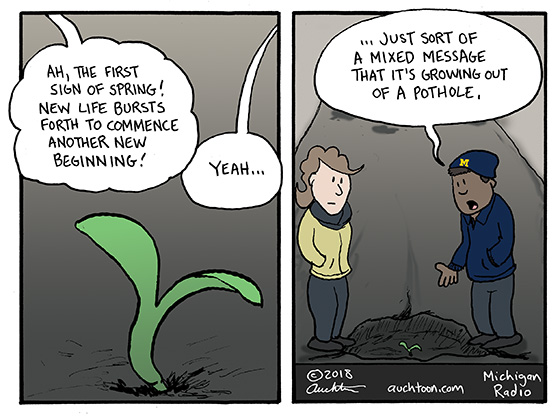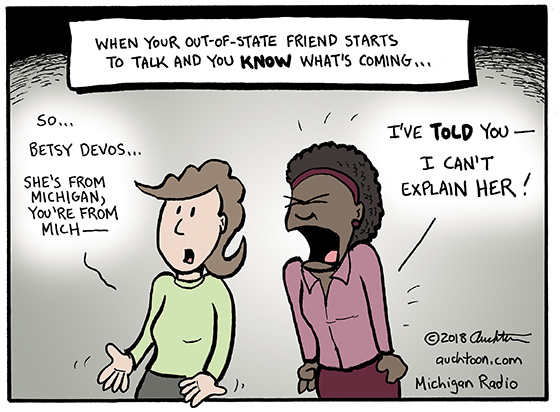Trying Not to Be Killed
Among the many things to admire about the youth who led the March for Our Lives events this past week is their patriotism. That may sound a little off because their detractors have gone to some lengths to question that very thing. But the reality is, they were acting on the very lessons taught to us all about what it is to be Americans: stand up for what’s right, encourage participation in our democratic system, communicate with your representatives, strive to make your country a better place.
But what struck me as maybe most patriotic was the emphasis on inclusion. Before the march, several of the Parkland students visited an inner-city public school in Washington DC to let those students tell their story of gun violence. Inclusion, making sure all voices are heard. What is more American than that?
And what awful and compelling stories they had to tell about gun violence — the same stories kids from places like Flint have been telling for too long. That definitely needs to be part of the bigger conversation.
Look, I don’t want to make these kids out to be perfect. They are people after all, and they are bound to become distracted, get off message, maybe make some political misjudgements. Just like, you know, former Supreme Court members do. (Old people these days! Amiright?)
But so far I’d say they have been impressively on task. Fifty years ago the message from youth to adults could be summarized as, “Get out of the way, your time is over!” Today their message is really more of a practical challenge: “Do your job!”







